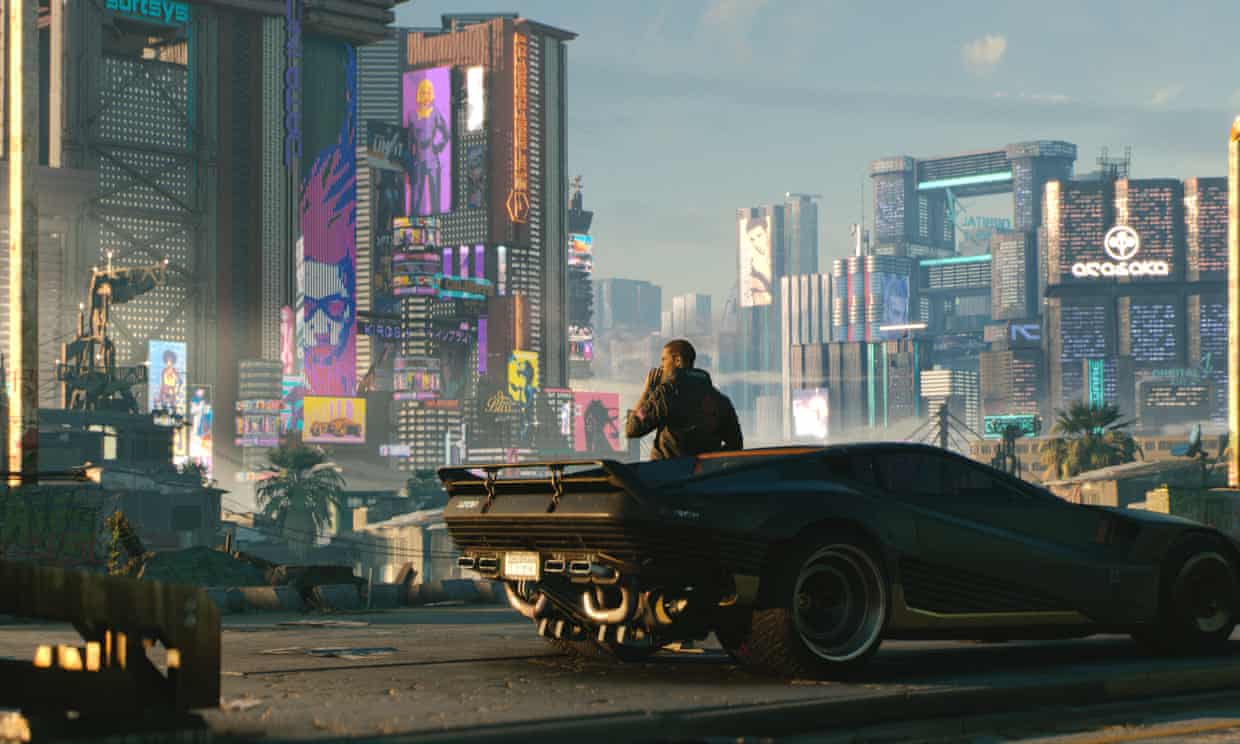· by James Archer · 3 min read
What Dystopian Sci-Fi Taught Me About Great Customer Experiences
Science fiction’s bleak futures mirror your customers’ daily frustrations. Trade quick wins for human-centered marketing that honors real lives and belonging. Solve problems, restore connection, and watch your brand grow.

Fictional views of a dehumanized future reveal a lot of insights into the frustrations your customers are experiencing every day.
One of the most common themes in popular science fiction is the feeling of technology and/or corporations squeezing the humanity out of the human race. It’s easy to find examples of dehumanized futures in film: The Matrix, Equilibrium, Brazil, A Clockwork Orange, Terminator, The Road Warrior, Children of Men, WALL-E, Delicatessen, A.I., Waterworld, Blade Runner, 12 Monkeys, RoboCop, V for Vendetta, Gattaca, Dark City, District 13, I Robot, The City of Lost Children, and Akira are a just a few examples of films in which the loss of humanity is a central theme. These movies resonate deeply with viewers because they’re metaphorical representations of very real emotions and frustrations we feel every day of our lives:
- Corporations have come to care more about profits than people
- Technology and convenience have taken the place of connection and intimacy
- Our leaders have become disconnected from the reality we’re dealing with daily
- We feel like cogs in a machine, valued more for the role we fill than what we actually bring to it
- Our lives are full of constant, unrealistic demands on our time and attention
- We’re over-stimulated by relentless wastes of time
- We face ever-decreasing opportunities to simply “be human”
More than a decade ago, the authors of the famous Cluetrain Manifesto wrote that “Markets consist of human beings, not demographic sectors.” Yet, to this day, many advertising and marketing agencies—despite a lot of talk about “brands” and “strategy” and “creativity”—still show a remarkable disregard for the basic elements of humanity. It’s really easy to see why this happens. Humanity is some seriously complicated stuff. It’s subtle, weird, touchy-feely, difficult to measure, and driven more by instinct than numbers. Executives obviously don’t want to hear that. They want numbers. They want reports. They want proof. They want quick results. So, they wind up making the same short-term, tactical decisions that have created the increasingly disconnected, disenfranchised, and dehumanized. It’s just not a sustainable way to do business. Sure, you’ll make some amount of easy-to-measure progress, but your business won’t explode, it won’t gather a thriving tribe, it won’t become a household name with that kind of approach. Customers are human. They crave human experiences. Done right, marketing should draw inspiration from almost every aspect of our everyday lives: psychology, sociology, physiology, behavior, history, literature, art, music, culture, science, philosophy, religion, culture, tribes, families, romance, identity, affiliation, aspiration, etc. It’s a lot more than just conversions and engagement scores. It’s actually not difficult to get started. You’re human, right? You’re probably feeling the same frustrations your customers are. All you have to do is figure out how to run your business in a way that solves their problems instead of creating new ones. It’s not only possible, it’s actually the most sustainable, healthy, and profitable way to grow your company.



